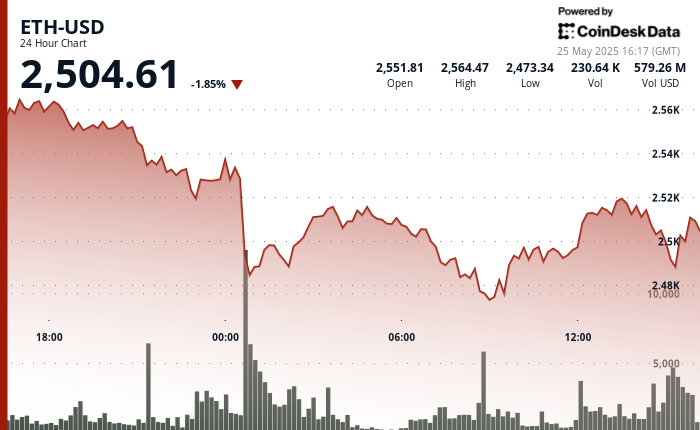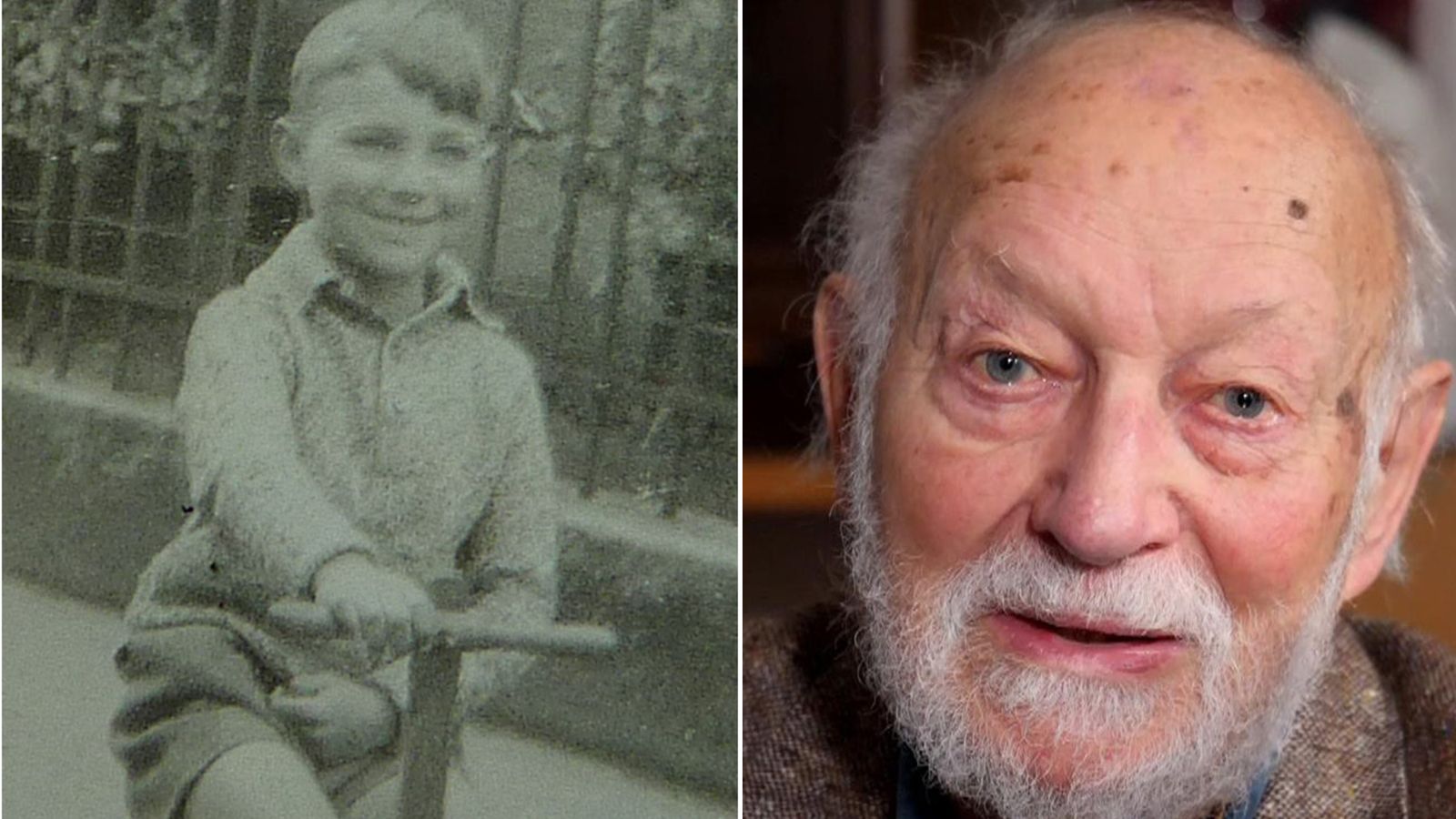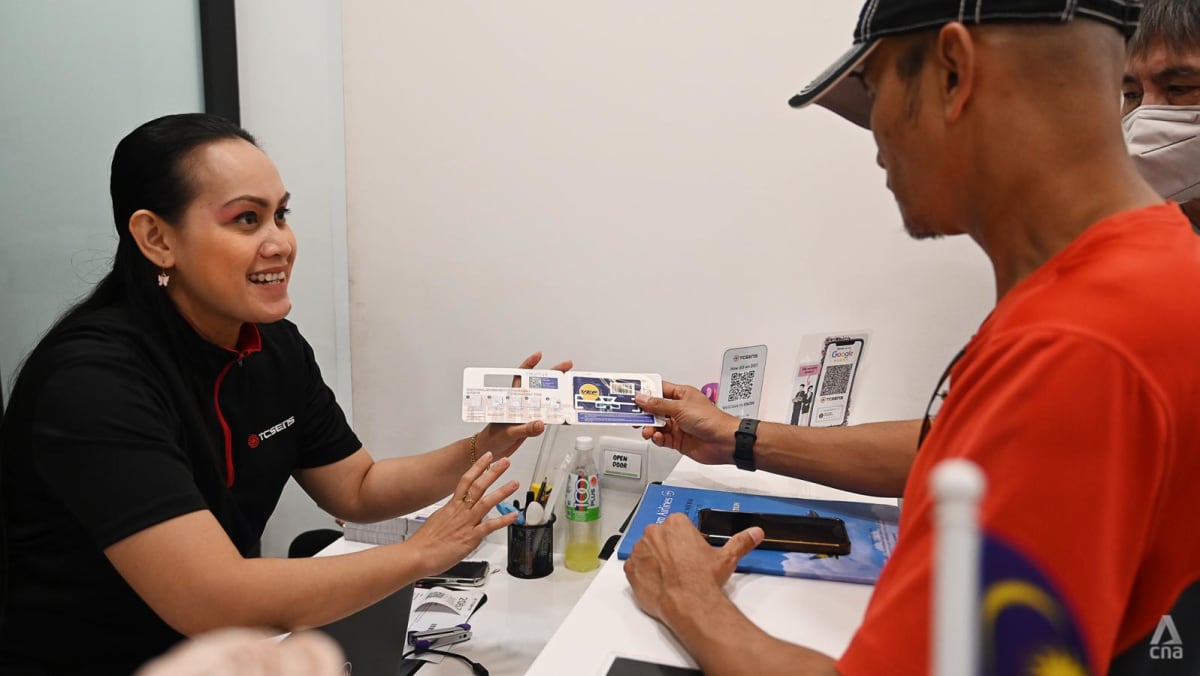It has already been designated by the US Food and Drug Administration for use in the United States as a “breakthrough” device.
The neuroscientist behind the advances said it meant medical professionals were able to see changes in the brain far earlier, at a level normally only be possible via a post-mortem examination.
Over the past year, two major treatments for Alzheimer’s disease have been given the green light by UK regulators. Donanemab and lecanemab are the first treatments found to slow progression of the disease. Donanemab has just been approved for use in Australia, however is not yet available on the Pharmaceutical Benefits Scheme. Lecanemab has not received approval. Both have also been blocked for use on Britain’s National Health Service, on the grounds they are not cost-effective.
Experts believe that diagnosing dementia early is key to making treatments more effective and helping to ensure they become more widely available.
Almost 1 million people in Britain are living with dementia, but this number is expected to reach 1.4 million by 2040. About 400,000 people have dementia in Australia.
Oxford Brain Diagnostics, a spinout company from the University of Oxford, was founded by Dr Steven Chance, former associate professor of neuroscience at Oxford, and Professor Mark Jenkinson, a leading expert in brain imaging.
Loading
The breakthrough was achieved after the company received funding from British investment firm BGF and the Oxford Technology & Innovations Fund.
Identify other neurodegenerative conditions
Studies have found the method can detect neurodegenerative changes before any visible brain shrinkage or atrophy appears on standard imaging as well as distinguish between different types of dementia.
It has also been found to predict which individuals with mild cognitive impairment are more likely to develop dementia.
The platform could also help to identify other neurodegenerative conditions including Parkinson’s disease and multiple sclerosis.
About 400,000 people in Australia have dementia.
Chance said: “The core technology is founded on my background, looking at the microscopic structure of brains at autopsy for many years. You couldn’t do that with a living patient and this is what we needed.”
He said the technology could have a transformative impact, bringing hope to “millions of people who are seeking a non-invasive, precision diagnostic tool to reveal the truth about their brain health”.
For now, the target patient market is those suffering mild cognitive decline, allowing professionals to differentiate between types of dementia and other neurodegenerative diseases.
Chance said clinics might offer annual checks for those with concerns about memory problems.
In time, and with the advent of more medicines to treat dementia, such advances could be rolled out to those in mid-life, he said.
“More than 20 per cent of those over 50 have Alzheimer’s-type changes, small-scale changes that would be otherwise invisible. These breakthroughs open up a whole new way of monitoring brain health.”
Alzheimer’s Research UK policy head David Thomas said: “Dementia is caused by diseases that often begin years before symptoms appear, and so finding new ways to detect these diseases earlier is vital. There is a huge amount of progress happening in this space and it’s encouraging to see UK companies contributing to that.
“While this technology shows promise for diagnosing dementia earlier, so far it has only been validated in research settings. We’re still some way off it being used within the NHS and we would need to see much more real-world clinical data to fully understand its potential.
Loading
“Improving early and accurate diagnosis is crucial – not only to give people clarity about their condition but also to ensure they can access the right support and, in future, new treatments as they become available.”
The Telegraph, London
Get a note directly from our foreign correspondents on what’s making headlines around the world. Sign up for our weekly What in the World newsletter.
#Brain #scan #detect #Alzheimers #symptoms #world











